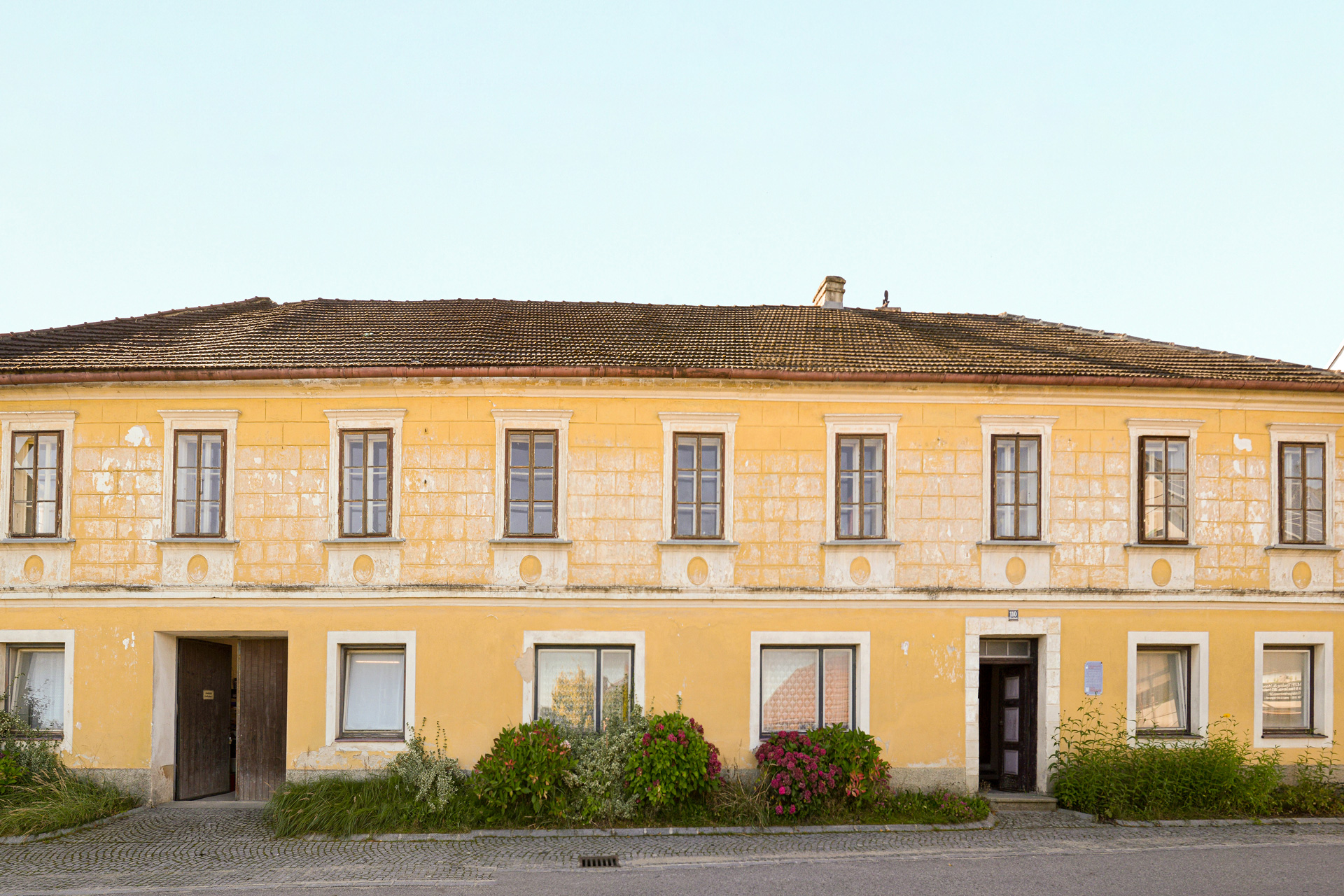10/2022
User-led project development in vacant buildings in rural areas
What are spatial enterprises in rural areas and how do they characterise themselves? What challenges do spatial enterprises face in implementing their projects? What potentials/benefits are associated with such projects? What measures can be taken to support spatial enterprises in rural areas?
Lisa Steiner
Diploma in Spatial Planning
E289-7 – Regionalplanung und Regionalentwicklung
Supervisor: Petra Hirschler
Spatial enterprises (Raumunternehmen) are initiatives and projects that originate in unused spaces. These projects are initiated by civil society actors with no background in real estate development. Motivated by their desires and needs, they come together to implement unique combinations of uses in vacant spaces. While making a profit is not their primary goal, they aim for economic viability to ensure their long-term existence.
The aim of this master’s thesis is to characterise the phenomenon of spatial enterprises in rural areas based on selected examples and demonstrate their potential and positive impact. Additionally, through an analysis of the challenges faced by these projects, measures to support the emergence and longevity of spatial enterprises are proposed.
The thesis begins by introducing the concept of spatial enterprises and situating it within the context of vacancies in rural areas. The empirical part of the thesis examines five spatial enterprises in rural areas in Lower and Upper Austria, while also providing insights into the development process of one particular spatial enterprise.
The findings show that spatial enterprises have a revitalising effect on town centres due to their implementation of mixed-use concepts in vacant spaces. These initiatives are oriented towards the common good: they maintain or create (new) infrastructures and social meeting places, often incorporating spatial uses that were previously deemed economically challenging to sustain. The lack of financial resources that accompanies spatial enterprises is often countervailed through intensive (voluntary) personal commitment and contributions, as well as by leveraging their social networks.
Nevertheless, spatial enterprises encounter several challenges. These include finding suitable premises that are available in the long term, securing funding for the projects, and maintaining motivation and commitment among participants. Based on the identified challenges, the final section of this thesis offers recommendations to support spatial enterprises in rural areas. These suggestions include the establishment of networking platforms, the creation of process-oriented funding offers, and the implementation of regional vacancy management.
Reference:
Buttenberg, Lisa, Overmeyer, Klaus, Spars, Guido (eds). Raumunternehmen. Wie Nutzer selbst Räume entwickeln. Berlin: Jovis, 2014.
Spatial enterprises (Raumunternehmen) are initiatives and projects that originate in unused spaces. These projects are initiated by civil society actors with no background in real estate development. Motivated by their desires and needs, they come together to implement unique combinations of uses in vacant spaces. While making a profit is not their primary goal, they aim for economic viability to ensure their long-term existence.
The aim of this master’s thesis is to characterise the phenomenon of spatial enterprises in rural areas based on selected examples and demonstrate their potential and positive impact. Additionally, through an analysis of the challenges faced by these projects, measures to support the emergence and longevity of spatial enterprises are proposed.
The thesis begins by introducing the concept of spatial enterprises and situating it within the context of vacancies in rural areas. The empirical part of the thesis examines five spatial enterprises in rural areas in Lower and Upper Austria, while also providing insights into the development process of one particular spatial enterprise.
The findings show that spatial enterprises have a revitalising effect on town centres due to their implementation of mixed-use concepts in vacant spaces. These initiatives are oriented towards the common good: they maintain or create (new) infrastructures and social meeting places, often incorporating spatial uses that were previously deemed economically challenging to sustain. The lack of financial resources that accompanies spatial enterprises is often countervailed through intensive (voluntary) personal commitment and contributions, as well as by leveraging their social networks.
Nevertheless, spatial enterprises encounter several challenges. These include finding suitable premises that are available in the long term, securing funding for the projects, and maintaining motivation and commitment among participants. Based on the identified challenges, the final section of this thesis offers recommendations to support spatial enterprises in rural areas. These suggestions include the establishment of networking platforms, the creation of process-oriented funding offers, and the implementation of regional vacancy management.
Reference:
Buttenberg, Lisa, Overmeyer, Klaus, Spars, Guido (eds). Raumunternehmen. Wie Nutzer selbst Räume entwickeln. Berlin: Jovis, 2014.
Diploma in Spatial Planning
E289-7 – Regionalplanung und Regionalentwicklung
Supervisor: Petra Hirschler
